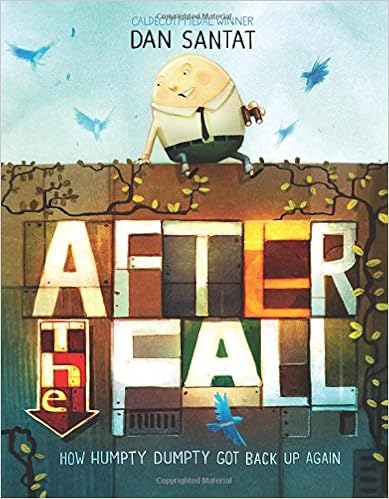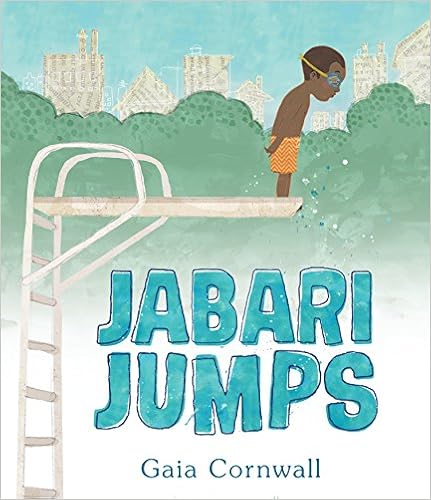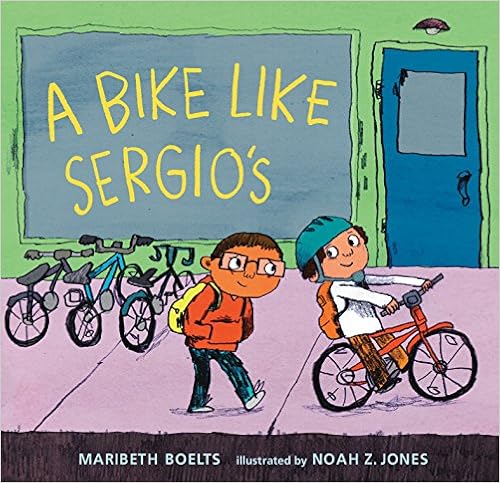Every Tuesday, the writing community of Two Writing Teachers hosts Slice of Life. All are welcome to participate by linking up posts or commenting on other participants.
Like many people, I looked forward to the women's U.S. Open tennis final. I have admired and respected Serena Williams for many years. How cool is it that a woman could come back and win a major with a barely one year-old daughter?! I watched the match at a post-soccer game party trying to pay attention to both the score and the conversations. For a while, we all watched as we talked and ate, but then when controversy seemed to be happening, we turned up the volume. As Serena smashed her racquet and continued on a verbal tirade directed at the chair umpire, we all listened. In the company of 25 college students and several parents, none of us were sure of how to react as the events unfolded. Many of us were angry for Serena, some of us were angry
at Serena, and we were all sad for Naomi Osaka. Serena was a well-known icon to the girls in the room, and Naomi was exactly the age of most of the girls who were watching, a fact not lost on them. They wanted to see her celebrate!
Later that night when I got home, I watched the match again with my mother who is a long-time tennis fan. She only knew there had been controversy and that Serena had lost. She didn't know what had happened. (For those of you who don't know what happened, Serena was penalized a point because the chair ump saw her coach giving hand signals. Two games later, Serena lost her serve when she double-faulted and she pounded her racket on the court, breaking it. That was a second violation and therefore a point penalty. She had a LOT to say to the umpire, and when he gave her a third violation for the verbal tirade, the consequence was a lost game.)
There has already been, and I'm sure there will continue to be, a LOT thought, tweeted, and written about this series of events. While I thought that Christina Torres's post,
The Unpalatable Rage of Women: What Serena Williams's Experience Reminds Us About Schools, raises important and true points about schools and the experiences of Black girls, I also appreciate the point of the first commenter--Serena's behavior was unsportsmanlike, and coaching from the sidelines, regardless of how discrete or subtle, is not allowed. If she had smashed her racket without having had the first warning about coaching, maybe we wouldn't all be talking about it so much. But maybe we should be.
Because here's one of my takeaways from it all, and it's along similar lines as Christina's points in that it relates to school and our responsibilities as educators. Carlos Ramos was the umpire in the situation. He's experienced and a "gold badge-level umpire" (whatever that means). I am sure, beyond a shadow of a doubt, that he knows that Serena is emotional and volatile. I am also sure that he knows that she is successful and mighty in the tennis world. After all, she has won 23 Grand Slam titles. During the first set, Serena struggled to find her rhythm, and she came back to the court for the second set looking more confident and focused. She was leading 3-1 when Ramos issued a warning for coaching. Maybe Serena's coach was violating a rule. One of the arguments is that the gesture he made--and it was a slight one--happens all the time from other coaches. Okay, cheating is cheating, and he got called out on it. But here's my thought: if
I could have predicted that Ramos's warning would blow Serena's mind and rock her rhythm, then I bet Ramos could have predicted that, too. I'm not sure that during that critical juncture, at the final championship match, he should have chosen to take on the coaching issue. Even as I write this, I feel awkward defending the practice of cheating, and if it's happening, I agree it should be stopped, and if it really happens on a widespread basis, then take it on--just not on center court during an emotional championship final. My husband is known for saying that good referees aren't noticed in a game. Their job is to provide a safe setting for athletes to compete at their highest levels. Ramos's initial warning provoked Serena. Maybe she would have gone on to win that set--we'll never know. Osaka played great tennis, for sure.
Ramos had power over Serena, and power is a huge responsibility. His responsibility was to manage the match so that the spotlight stayed on the players and their incredible ability to play the game. Our job as educators is to manage the classrooms, using our power so that students learn at the highest levels possible. Maybe it means picking our battles--we learn quickly what sets students off. We know what provokes and what settles our volatile students. Maybe it's overlooking some violations on a pathway toward engagement...
So this post took me longer to write than I expected, and writing about it didn't clarify my thoughts as writing sometimes does. In fact, writing about this issue muddied it for me. Maybe it's because power is complicated. As an educator, the 2018 U.S. Open tennis final makes me more committed to providing environments where students feel empowered, respected, and engaged in their learning. If there's a way to manage behavior without exerting power, then I will work that much harder at doing it. Serena's experience on Saturday is an important reminder that few people perform optimally when they feel stripped of personal power. Not professional tennis players, and not children.























